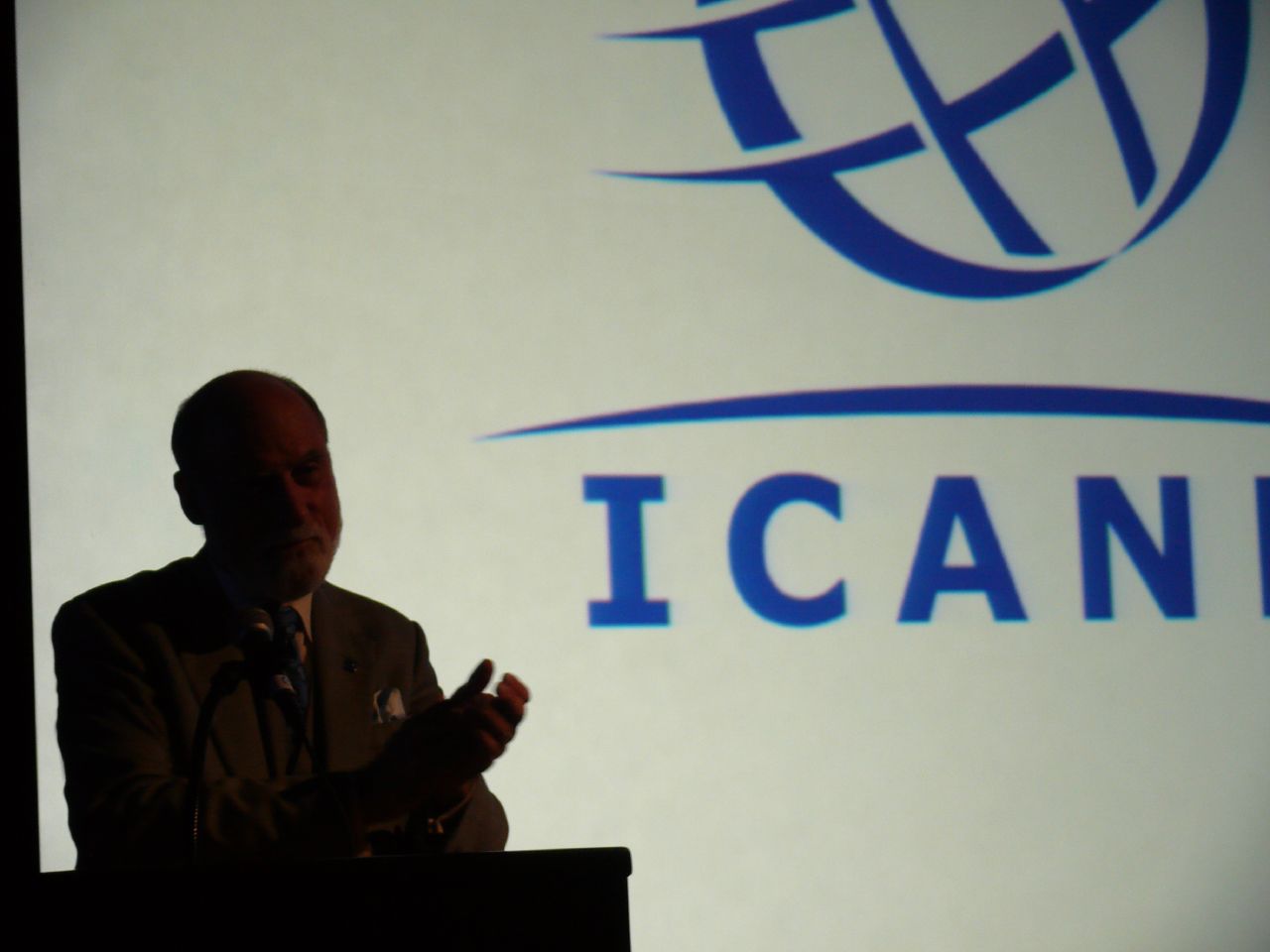The Canadian Internet Registration Authority, which manages the dot-ca, has just commenced its annual board elections. This year marks an important change, as the organization underwent significant corporate governance reforms that has put half the board positions up for grabs. I served on CIRA's board for the past six years […]

Vint Cerf at ICANN by Veni (CC BY 2.0) https://flic.kr/p/3KWko9
Internet Governance
CIRA Seeking Additional Board Candidates
The CIRA electoral process continues to unfold with members now able to nominate additional candidates for the September election. After six years on the board, my time on the CIRA board will be coming to an end but I’d encourage anyone with an interest in domain name issues to get […]
CIRA’s Second Public Letter
Readers of this blog may recall that the Canadian Internet Registration Authority wrote a public letter earlier this year to ICANN that expressed concern over the current lack of accountability (note that I am on the CIRA board). The letter indicated that CIRA was witholding payment of any voluntary fees […]
Youthforvolpe.ca
The Globe and Mail ran a piece this morning about a Joe Volpe parody website that was taken down almost immediately, which the article attributed in part to CIRA. This generated a lot of email, particularly since I am on the CIRA board. CIRA has just released a statement clarifying […]
Dot-XXX Decision Exposes Cracks in Net Governance System
My weekly Law Bytes column (Toronto Star version, BBC version, homepage version) looks at the recent ICANN decision to reject the creation of a new dot-xxx domain name extension. The year-long debate over whether to approve the adult-oriented domain may have long-term implications for Internet governance since it sparked enormous controversy and provided ample evidence of U.S. government intervention into ICANN matters.
With millions of dollars at stake, the Internet community has relied on ICANN to establish a transparent system for creating new domain name extensions. The resulting process has left many observers unhappy. They argue that it is too expensive (application costs alone are now estimated at US$250,000), too cumbersome (creation of the domain name extension may require months of negotiation after preliminary approval is granted), and too subjective (rather than establishing objective criteria, the decisions are fraught with subjective policy choices).
The prospect of a dot-xxx domain name extension created an immediate firestorm in the United States.






